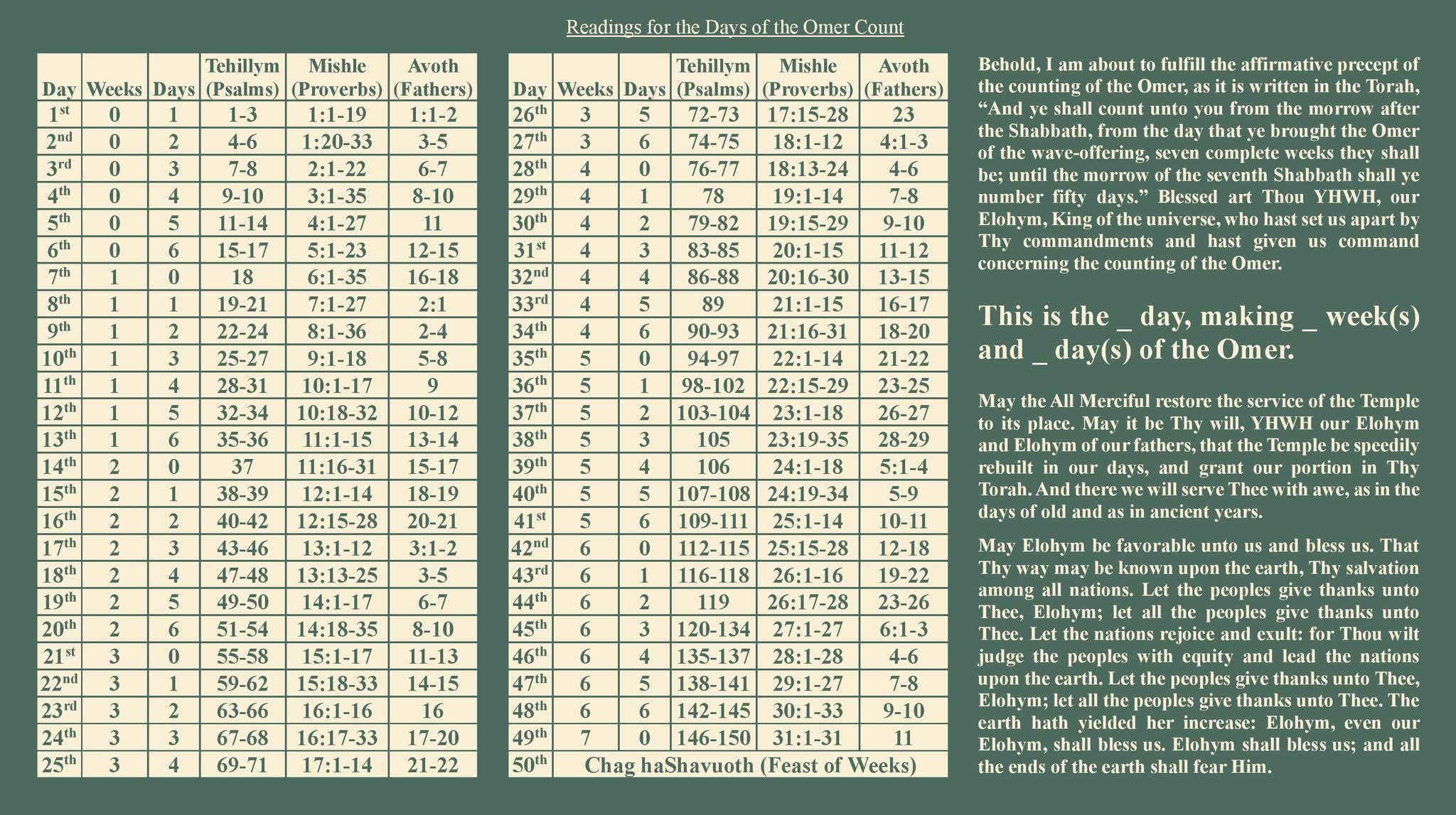Watch
Events
Articles
Market
More
http://TorahTent.com
Even though the site is new it has received over 27,000 hits since it's opening on March 20, 2025
The message forums have experienced over 870,000 hits.
http://connect.TorahTent.com



Here's a list of Apostolic/New Testament passages I recommend for #bilbestudy with Torah Parsha #shemini ("eighth" #leviticus 9-11), plus links to related commentary and video: https://www.americantorah.com/....2021/02/07/parsha-sh



Please share this with your pastor — they may not be aware of this critical truth. This isn’t just a history lesson; it’s a wake-up call to rethink everything we’ve assumed about today's world holiday happening RIGHT NOW! Time is of the essence. For the sake of the flock, we must revisit the ancient Quartodeciman controversy — a powerful and often overlooked dispute over the true timing of Messiah’s resurrection observance. Discover how the early followers of Yahshua wrestled with tradition, Torah, and truth.
https://afflicted4messiah.word....press.com/2025/04/20



Hopefully, you might use this handy readings chart for the Omer Count up to Shavuoth.
The 1st column of each table gives the day of the omer count.
The 2nd column gives you the number of weeks for that particular day.
The 3rd column give the number of days to add to that week.
The 4th column gives the readings from the Psalms.
The 5th column gives the readings from the Proverbs.
The 6th column has reading from the Pirke Avoth (Ethics of the Fathers), which might be found as a booklet on our website, at: https://sabbathkeepersfellowsh....ip.org/documents/boo
We have found this chart very useful over the years. If you have any questions about how to use it, please feel free to contact us or leave a comment below.
Download an image of this chart at: https://sabbathkeepersfellowsh....ip.org/documents/ref



